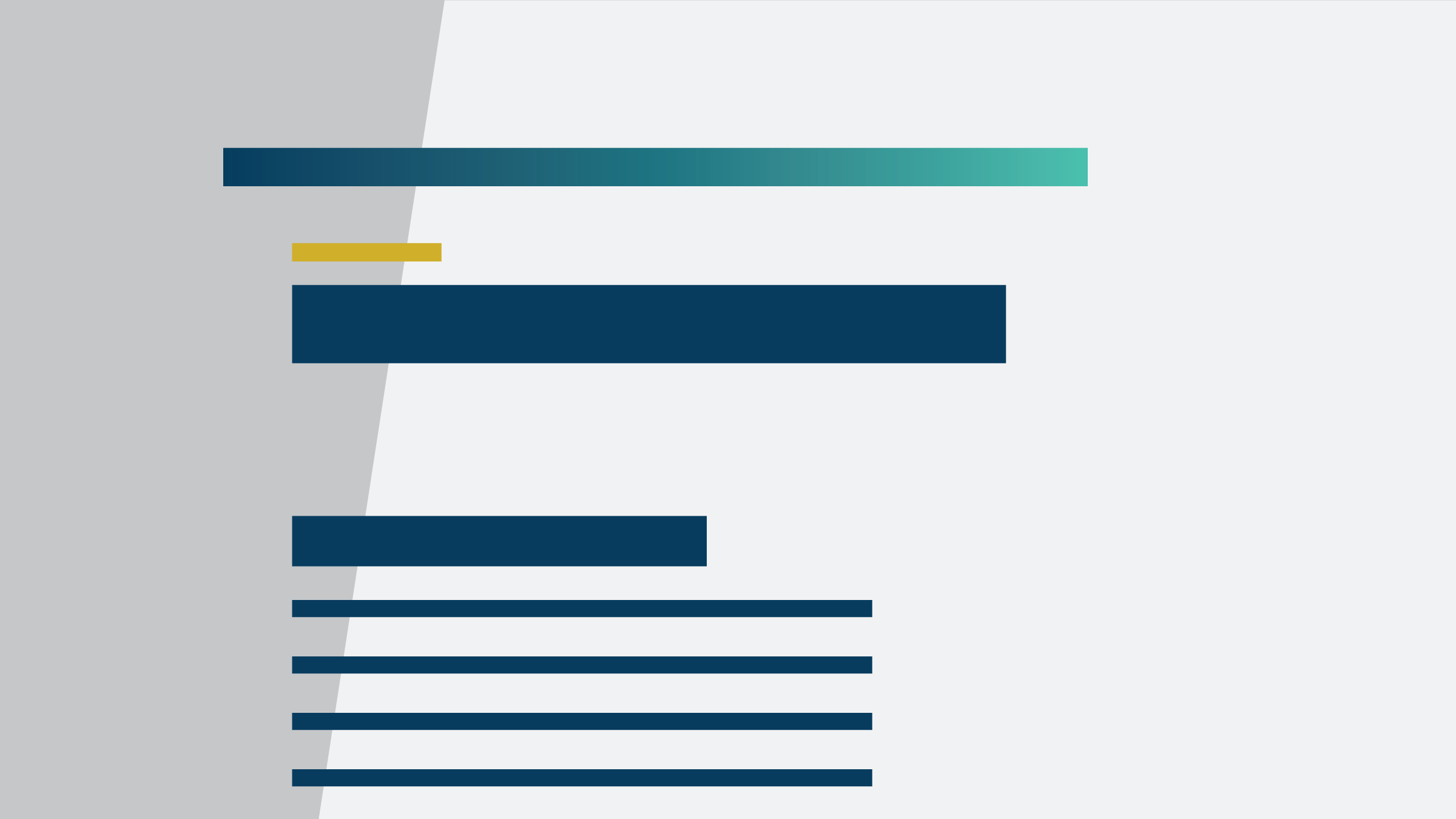Abstract
We show that an increase in the minimum wage can have large effects throughout the earnings distribution, using a combination of theory and evidence. To this end, we develop an equilibrium search model featuring empirically relevant worker and firm heterogeneity. The minimum wage induces firms to adjust their equilibrium wage and vacancy policies, leading to spillovers on higher wages. We use the estimated model to evaluate the effects of a 119 percent increase in the real minimum wage in Brazil from 1996 to 2012. The policy change explains a large decline in earnings inequality, with spillovers reaching up to the 80th percentile of the earnings distribution. At the same time, employment and output fall only modestly as workers relocate to more productive firms. Using administrative linked employer-employee data and two household surveys, we find reduced-form evidence in support of the model predictions.






